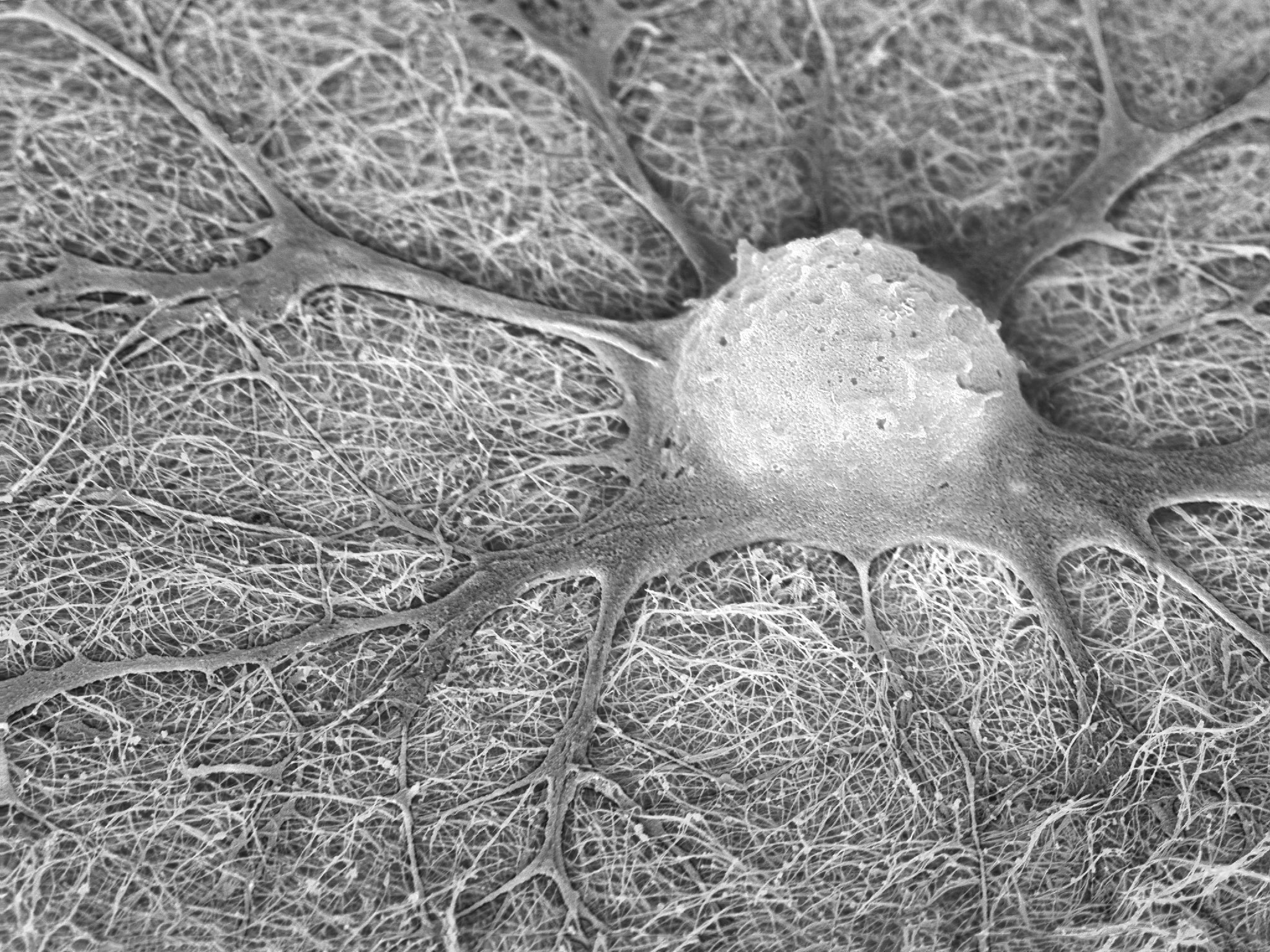ISSCR News

The ISSCR Guide To Stem Cell Treatments Now Available in Portuguese
The ISSCR is now pleased to make the Guide to Stem Cell Treatments available in Portuguese. The comprehensive resource is designed to empower patients, advocates, healthcare providers, friends, and family members with the necessary information to make well-informed decisions regarding stem cell treatments, alongside their primary care physicians or specialists.
The translation of this guide was provided by Inês Figueira, José Manuel Inácio, Liliana Bernardino, Ana Paula Terrasso, Susana Solá, Maria Arez and João Camões dos Santos.
The new version is available for download and sharing is encouraged to help raise awareness and understanding of stem cell treatments. Together, we can contribute to the safe and effective delivery of the potential that stem cell research holds for patients worldwide.

Member Spotlight: Catharina Brandsten, PhD, DDS
The ISSCR has played an important role for me in terms of networking and connecting with other stem cell scientists around the world. Priceless!

Human Stomach Cells Tweaked to Make Insulin to Treat Diabetes
Type 1 diabetes is caused by an insufficient production of the hormone insulin by cells in the pancreas called beta cells and estimated to affect 9.5 million people worldwide. Low insulin levels allow glucose levels to remain elevated, which in the long term can damage organs such as the kidneys, the eyes, and the cardiovascular system. People with diabetes require lifelong monitoring of blood sugar levels coupled with insulin injections to keep blood sugar levels at a stable, healthy level.
A potential new treatment option for those patients is the replacement of lost or dysfunctional pancreatic beta cells, either by cell transplantation, or by the generation of new beta cells from existing cells within the body. This latter strategy was pursued by the team of Xiaofeng Huang from Weill Cornell Medicine, USA and Qing Xia from Peking University, China who previously discovered that cells in the mouse stomach can be transformed into pancreatic beta cells by genetic engineering.

The ISSCR and Stem Cell Network Launch Global Workforce Development in Stem Cell Research and Regenerative Medicine Partnership
The International Society for Stem Cell Research (ISSCR) and the Stem Cell Network (SCN) are pleased to partner to lead a joint initiative and a global conversation on workforce development in regenerative medicine. Through this collaboration, the organizations will examine current challenges and opportunities in trainee career development, identify skills gaps and future needs, and discuss strategies to help the field build the talent required for continued discovery, innovation, and health impact.

Receive ISSCR Press Releases
Sign up be a part of ISSCR’s media list. Media Contact: Kym Kilbourne, Director of Media and Strategic Communications
Subscribe to ISSCR News.
Each month, ISSCR delivers scientific, policy, and community to your inbox .

